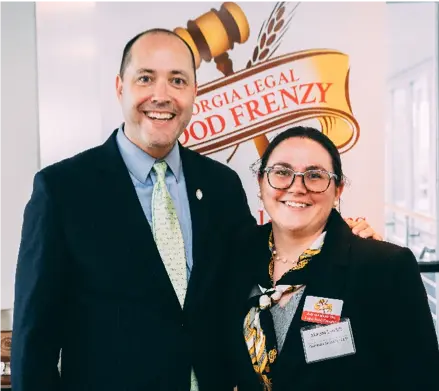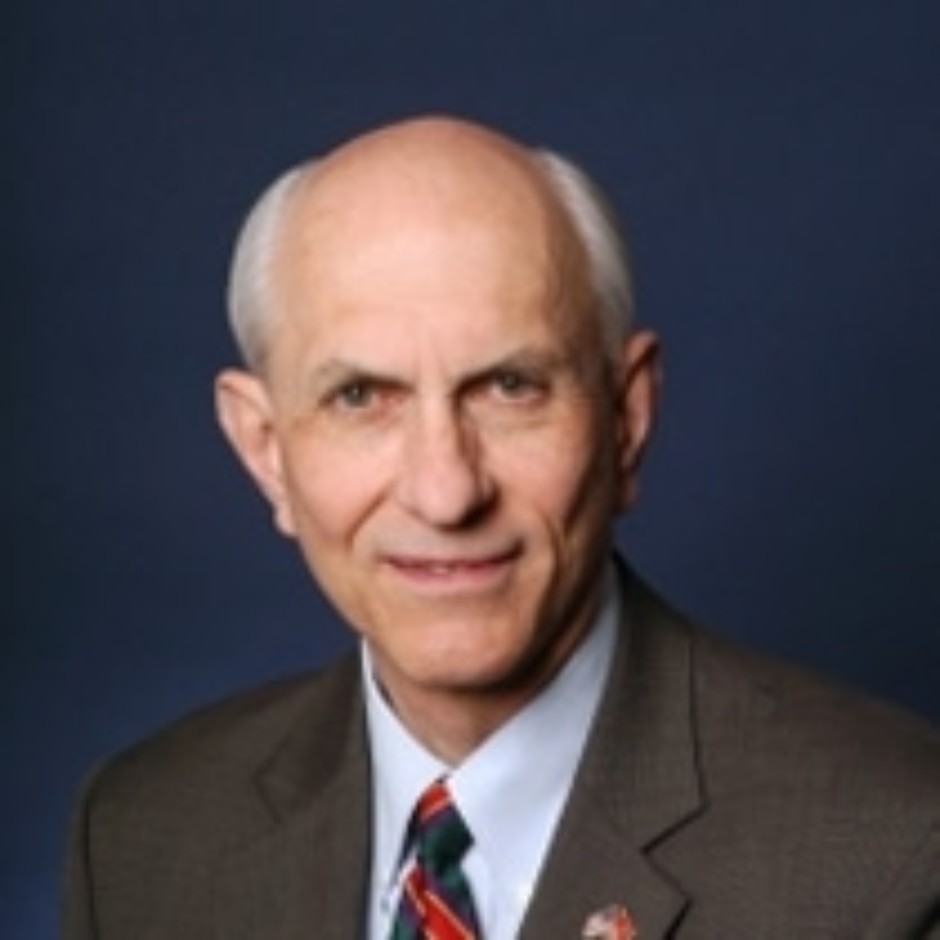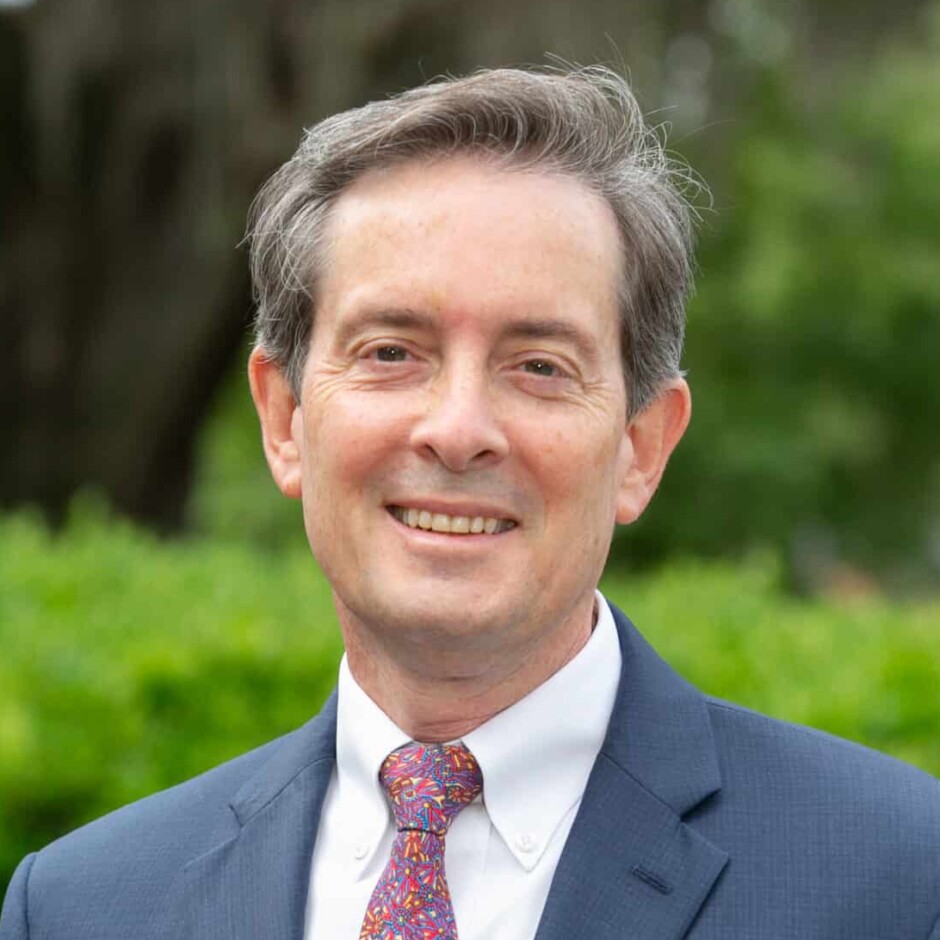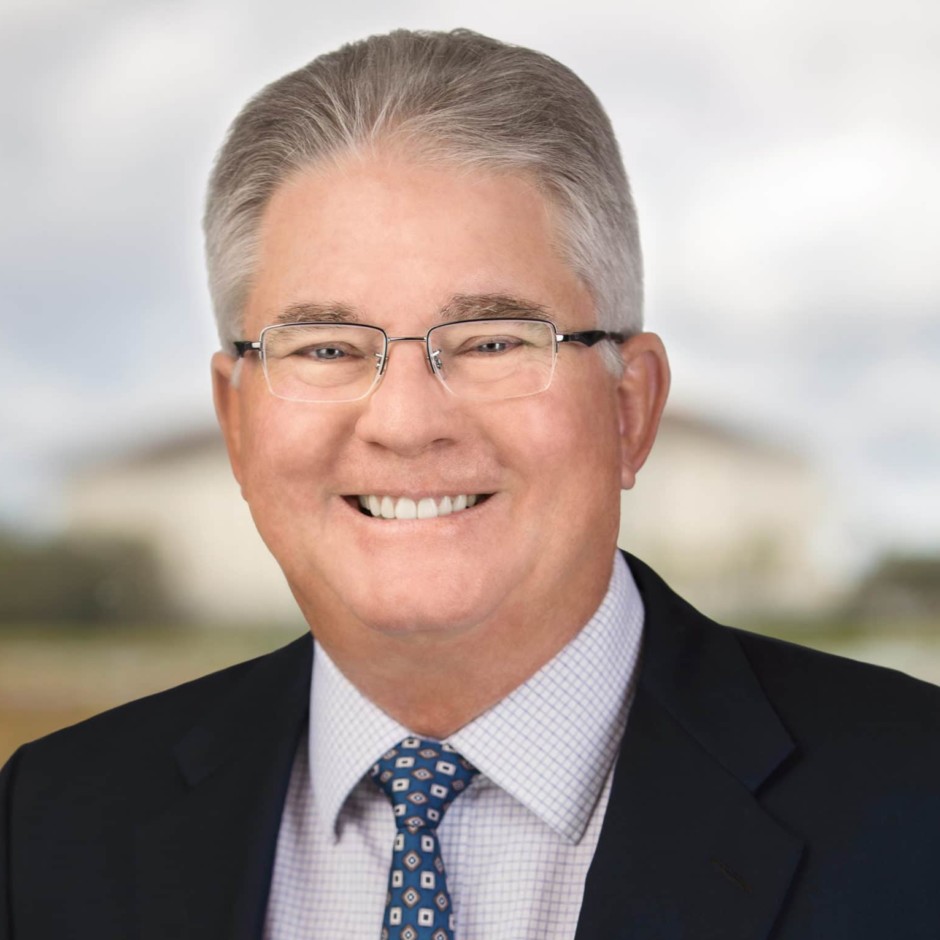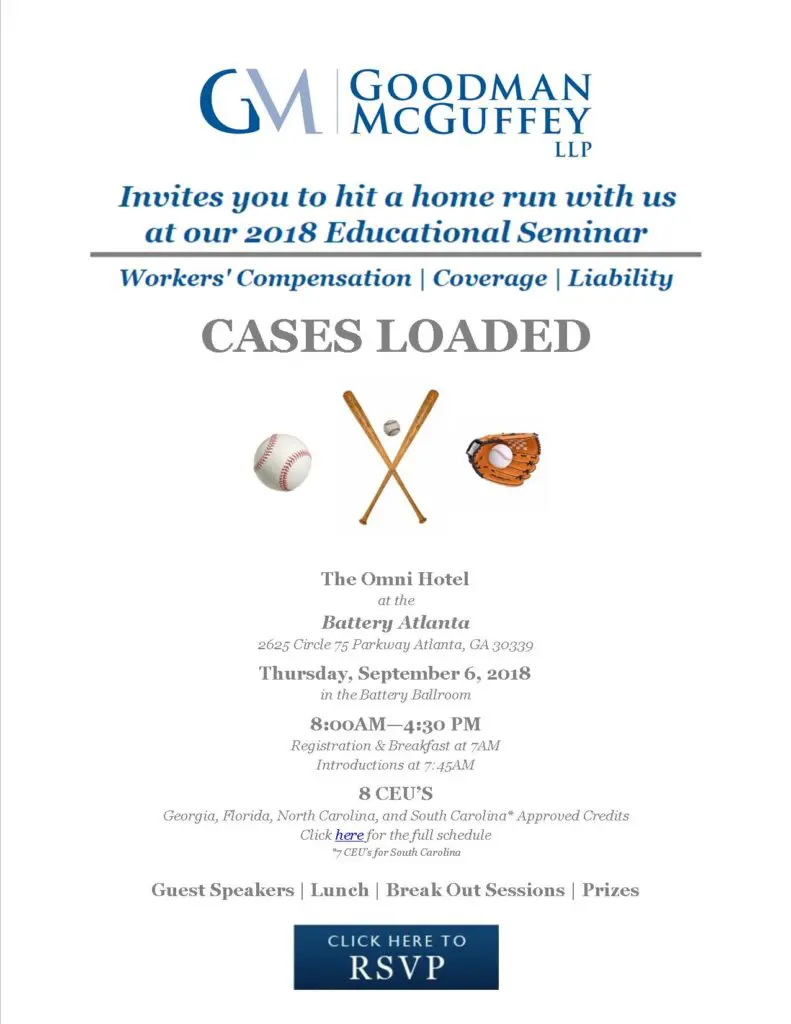On September 20, 2018 the Florida Supreme Court (by a 4-3 vote) decided that an insurer can be liable for bad faith where it tendered the policy limits within seven days after the accident and “where the insured’s own actions or inactions … at least in part caused the excess judgment.” Harvey v. GEICO General Insurance Company, 2018 WL 4496566 (2018).
The facts were not unusual. The Plaintiff died in the 8/8/06 accident. On the second day after the accident GEICO determined that the insured was at fault. On the third day, GEICO sent the insured an excess letter. On the fourth day, Plaintiff asked GEICO for a recorded statement from the insured “to determine the extent of his assets, whether he had any additional insurance, and if he was in the course and scope of his employment at the time of the accident.” On the seventh day, GEICO tendered the $100,000 limits. Sounds reasonable so far, but the Supreme Court reversed finding a jury issue existed on GEICO’s bad faith liability for the $9.2M excess verdict.
Where did GEICO go wrong? GEICO refused to make its insured available for a recorded statement, did not immediately notify the insured of the request for a recorded statement, and failed to immediately respond to communications from Plaintiff’s counsel related to the statement.
On 8/31/06, GEICO received a letter from Plaintiff’s counsel “acknowledging” GEICO’s previous refusal to make the insured available for a recorded statement. The same day GEICO faxed that letter to the insured and the insured called GEICO to discuss the request. The log note for that day indicated
[Insured’s] attorney . . . is not available until the Tuesday after the [Labor Day] holiday weekend. Insured does not want claimant attorney to think we are not acting fast enough and asked what we can do to let the claimant’s attorney know we are working on this. I told insured that we will discuss letter with management and get back to him.
The adjuster consulted management and was instructed to relay the insured’s message to Plaintiff’s counsel. He did not.
Plaintiff’s counsel returned the check, filed suit and obtained a $9.2M verdict. GEICO’s expert in the bad faith case admitted that the Plaintiff’s lawyer needed the requested statement to properly advise the estate regarding settlement. Plaintiff’s expert testified that GEICO should have informed Plaintiff’s counsel that the insured was represented and that he could contact the insured directly rather than act as a “go-between.”
To make matters worse, discovery disclosed alleged examples of that dreaded “institutional bad faith” often alleged by Plaintiffs’ attorneys. Presumably allowed over GEICO’s objection, the discovery revealed the claim rep “had a history of struggling to manage her files” and “was handling approximately 130 claims.” “Her personnel file showed that she had trouble managing her claims properly, which included communication failures. In a performance appraisal from 2005, a year before [the] accident, a performance review indicated that “[her] productivity numbers fell below average . . . [and she] could use help with her organizational skills, filtering her emails, along with organizing her desk.” A year later, another performance review stated that she “has struggled throughout the year with desk management, which is magnified in her low file quality rating.” With regard to this claim, Plaintiff even discovered a note about this claim that said “… there is now exposure to our insured and to GEICO for extra contractual damage…”.
In a lengthy opinion, the Supreme Court framed the issue this way:
This good faith duty obligates the insurer to advise the insured of settlement opportunities, to advise as to the probable outcome of the litigation, to warn of the possibility of an excess judgment, and to advise the insured of any steps he might take to avoid same. The insurer must investigate the facts, give fair consideration to a settlement offer that is not unreasonable under the facts, and settle, if possible, where a reasonably prudent person, faced with the prospect of paying the total recovery, would do so. Because the duty of good faith involves diligence and care in the investigation and evaluation of the claim against the insured, negligence is relevant to the question of good faith.
[T]he critical inquiry in a bad faith [case] is whether the insurer diligently, and with the same haste and precision as if it were in the insured’s shoes, worked on the insured’s behalf to avoid an excess judgment. “[T]he question of whether an insurer has acted in bad faith in handling claims against the insured is determined under the ‘totality of the circumstances’ standard.”
[T]he Fourth District misstated the law when it stated that an insurer cannot be liable for bad faith “where the insured’s own actions or inactions result, at least in part, in an excess judgment.” [citation omitted]. Nothing in our precedent can be read to suggest that an insurer cannot be found liable for bad faith merely because the insured could have attempted on his own to avoid the excess judgment.
[T]this Court has never held or even suggested that an insured’s actions can let the insurer off the hook when the evidence clearly establishes that the insurer acted in bad faith in handling the insured’s claim.
The Supreme Court also expressly rejected many favorable Florida federal trial and appellate court bad faith decisions.
As a result, consideration must be given to the additional amount of time needed:
(1) to identify excess exposure cases early,
(2) for adjusters to properly handle cases with excess exposures,
(3) to respond immediately to claimants, attorneys, and insureds, and
(4) to double check files to be sure nothing slips between any cracks.
Further, additional thought should be given to the content of file reviews and personnel performance evaluations because courts more and more frequently fail to protect what should be protected, internal, self-critical analysis.
Featured In This Article:
